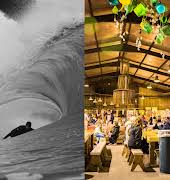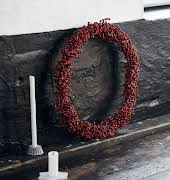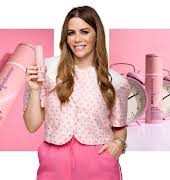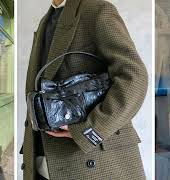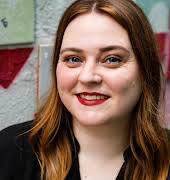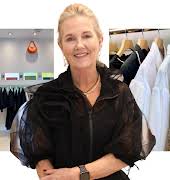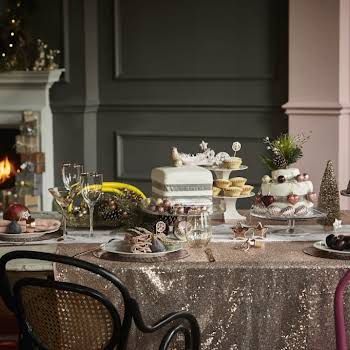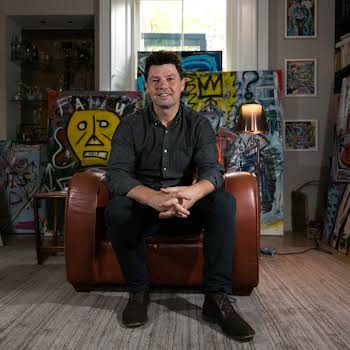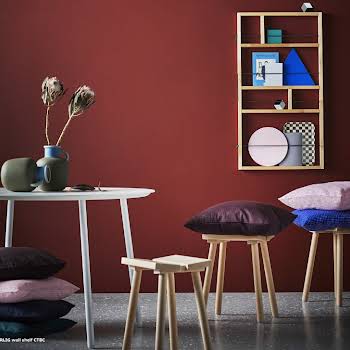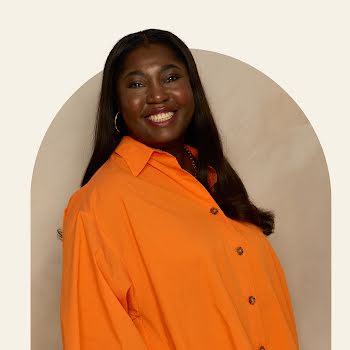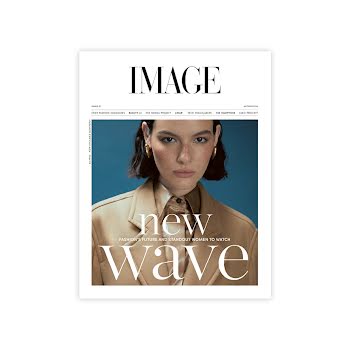
By IMAGE
14th Oct 2016
14th Oct 2016
Voting is now live for the inaugural Image Interiors & Living Design Awards. Need a little more information? All the nominees are introduced here, but over the next few days, we’ll be posting interviews with our shortlist. In the seventh part of the series, here’s the Best Fabric Nominees…
Meet Mourne Textiles
Mario Sierra grew up with Mourne Textiles and the workshop is the backdrop to many of his memories. The company?was founded by his grandmother Gerd Hay-Edie in 1954 and the art of weaving has been passed down through the generations, first to his mother, Karen Hay-Edie, a Master Weaver and then to Mario who studied fine art textiles. Mario has recently started the company again with his mother.?”The archive were something that we had and it was a lovely solid thing to work from, and obviously a lot of the designs are something we really want to get back into production as they existed originally or as close as.”
Mourne Mist cushions
Mario speaks of how Irish nature inspires Mourne Textiles. “Inspiration is taken from the landscape around us, that hasn’t changed from when my grandmother first started the workshop, the combination of the colours, the Mourne mountains behind the workshop are an obvious choice. The?textures found in the Irish countryside are definitely something that would influence our work.”
Mourne Mist cushion in orange
All the wool is spun in Ireland and is chosen for its softness. “I love soft merino wool, it’s my personal favourite, it’s a really textured and organic, there’s no order to it, it’s slightly lumpy and chaotic. With traditionally Irish-spun yarn, it’s more the texture than the colours that I love – that’s what drew me to fabric when I was growing up.”
Salthill?Tweed cushions
Mario draws motivation from his fellow artisans. “The most rewarding thing for me is meeting the other weavers, the spinners and the finishers. Meeting everyone who has worked in the industry that has a passion for what they’re doing is amazing.”
Meet Jennifer Slattery
Jennifer Slattery originally trained and worked as a graphic designer but later returned to college to study textile design, specialising in embroidery. She set up her business working’mostly in mixed media and collage. “This style of working really suits me as I don’t like things to be too perfect.” For Jennifer, good design is timeless and she describes her style as, “a combination of romantic imagery with trompe d?loeil surrealism, evoking memories of a bygone era with a contemporary twist.”
Irish Wildflower
Working on?limited edition items allow Jennifer the creative freedom to experiment and try new techniques and she is currently working with a Donegal weaver produce a range of embroidered wool scarves. “The beautiful quality and texture of fabrics like?Irish linen and wool are a joy to work with, these are fabrics that age beautifully and last a long time. I hope that eventually the pieces I make will become cherished heirlooms to be passed down to the next generation.”
Irish linen table cloth
Jennifer believes that our native crafts are?going from strength to strength. “We have a wealth of Irish design companies, both established and new, competing on a world stage and standing out from the crowd. I think that we have a strong reputation for design that is growing.”
Irish Wildflower
Meet Print Block
Print Block was conceived in 2010 through a shared need for access to textile printing facilities which did not exist in Ireland at that time. “As a group we met regularly for two years working towards the opening of the studio on Cork Street in 2012,” designer?Aoife Challis tells us. “Since then, Print Block has grown and now has 13 full time members.”?All members have their own unique process and approach to design but,?”when we work collaboratively we like to set ourselves a certain amount of design restraints – we tend to create single colour prints and we will often set a size or format for us all to work within, this is how we create a cohesive aesthetic.”
French Ultramarine
The diverse community of artists and designers that make up Print Block are a never-ending source of inspiration. “What has brought us together as Print Block is a passion for textile design, a desire to elevate the reputation of Irish textile design nationally and internationally and to provide a work space and platform for new and established designers working through the medium of printed textiles,” says Aoife.
Potters Pink
Currently, Print Block are in the process of trying to find a new studio, having lost their studio of five years. “For any maker, having a place to work is key, we are currently in the process of trying to find a suitable new space to set the studio back up in Dublin city centre. This is proving challenging not just because of our specific requirements for our equipment but also due to the difficulties posed by the current economic climate with high rents and little subsisdisation available for creative industries to sustain these costs. It is important to ensure that creative industries such as Print Block do not disappear but continue to forge a path in the future of Irish design.”
Print Block Makes
Meet Molloy & Sons
Molloy & Sons is a fifth generation, father and son team, that have been in the textile business since the 19th Century when founder?James Molloy began weaving. Kieran Molloy explains, “I grew up in the textile industry. There were weaving sheds beside my parents’ house, so we would have small summer jobs, like winding bobbins for hand weavers.”
Pattern
Kieran explains that a huge portion of what Molloy & Sons sell is traditional plain weave like herringbone but, “every year we have to come up with new ideas to keep the interest in the collection and prevent it from coming too static.” Their designs are formed with long-lasting design in mind. The year is split up into creativity and production. “Reality is more production based. Creativity happens for a couple of months in the year and then the rest of the year is making samples, going to customers and emails and phone calls.”
Throw
When creating?new collections, decision on patterns, colours and yarns all come into play. “When we’re designing new ranges it’s a lot more exciting. It is a tiny bit based on what we’ve seen based on trends but that’s only a small portion of the year as we mainly supply menswear brands that are more traditional and not trend led.”?All yarns are spun and dyed locally in Ardara, Co. Donegal and the local region is a constant source of inspiration. The surrounding elements of the countryside and sea can be seen in’the colours used in their tweeds. Molloy & Sons also are one of the few companies who can proudly claim to create authentic Donegal Tweed.
Black and white herringbone
To vote for your favourite nominee in each category, click here.



